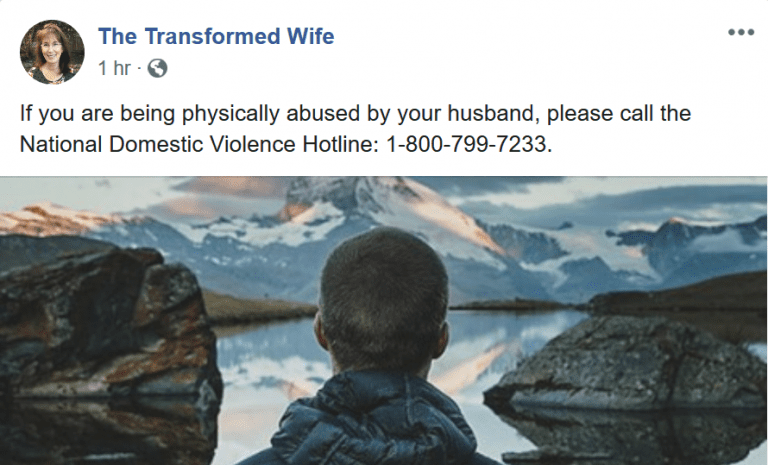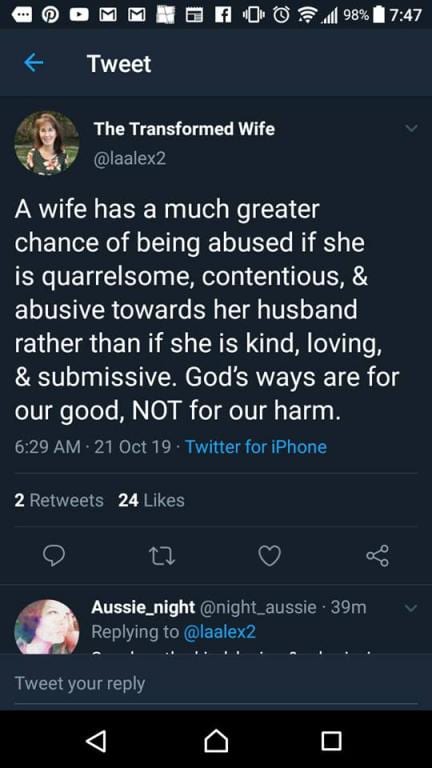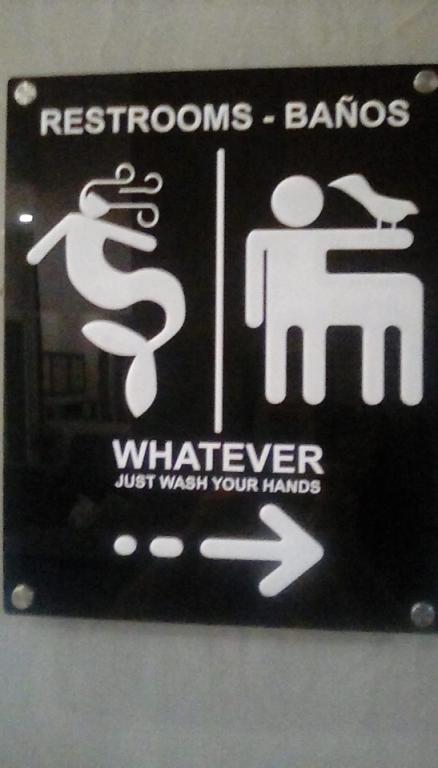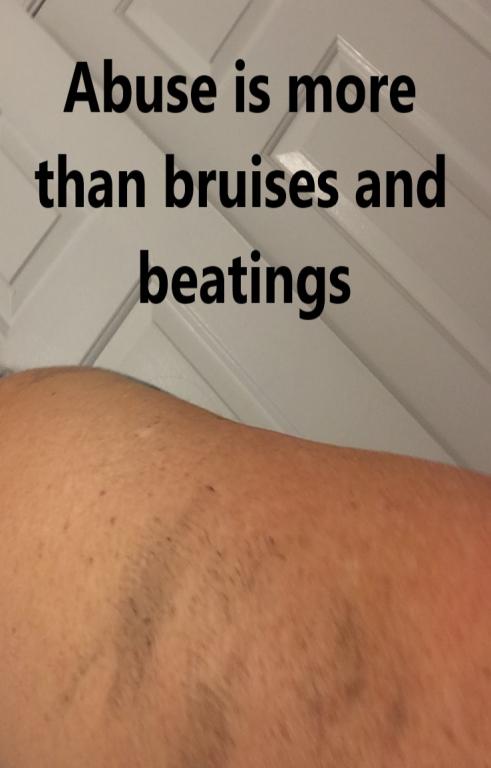 by Virginia Knowles cross posted from her blog Watch the Shepherd
by Virginia Knowles cross posted from her blog Watch the Shepherd
In case you’re wondering why you can’t “just get over it” from a painfully abusive or damaging or destructive relationship: Trauma bonding makes any relationship harder to end, harder to heal, harder to find freedom from through forgiveness, than the loss of a true love. The neural pathways burned into a brain in trauma bonding are laid down in powerful fear/anxiety hormonal rushes leaving even comparatively good memories with the person colored with the stains of those traumatic events. The loss of anyone we have loved — whether they have treated us very well indeed or in a deplorable manner — is something that will heal best in long, loving talks with wise friends and counselors… and Jesus. HE went through a bit of trauma bonding and betrayal, too, right? ~~ GeorgiaAna Larson
My dear friend GeorgiaAna posted this as her Facebook status, and then kindly given me permission to share. I think this is especially pertinent in light of my on-going series on various kinds of abuse in churches, organizations, and families.
If you know someone who is currently in an abusive relationship, or who is recovering from one, please take the time to understand what they are experiencing. The simplistic “let’s tweak this problem and move on” approach will not work here. The dynamics of abusive relationships are extremely complicated. The damage and the danger do not end when the abuser is physically absent. The victim so often carries serious emotional bondage along into the future, blocking her ability to see herself clearly, to trust others prudently, to rebuild her life, and to form healthy attachments. This is true in all kinds of abusive settings, but especially in romantic relationships. Unfortunately, an abused woman returns to her abusive partner an average of seven times — if she even leaves him in the first place. There are many reasons for this:
- She might feel sorry for him.
- She might feel emotionally or financially dependent on him.
- She may have children with him.
- She may not want to leave the familiarity of her home.
- She may have been made to feel that she deserved the cruel treatment.
- She might fear what the future will bring, and the known evil is less scary than unknown freedom.
- He might promise to do better, and actually treat her kindly for a period of time.
- He may have threatened that he will harm her or her loved ones if she doesn’t come back.
- He may have purposely isolated her from resources and people she needs.
- She may feel shamed by her friends, family, or religious community if she leaves, because that appears to be a mark of her own failure.
- She may feel bound by a commitment she made to him — a commitment that has already been completely shattered by her partner’s choices.
- She may have no emotional and logistical support from people who truly understand.
It takes a lot of time and effort to be set free from an abusive relationship, not just in getting to a safe location, but in finding emotional liberty and healing. What should have been the healthy bonding of love and cooperation has instead become the destructive bondage of control, manipulation, and abuse. In this case, healing involves a rather intricate disconnection from the co-dependency. (The image comes to mind of separating conjoined twins.)
Patient, loyal, honest, and wise friends are such treasures in times like this. Sometimes you have to take a risk and tell it like it is, without being condescending or judgmental. You might start with: “I am very concerned for you. I sense that you aren’t in a safe place in life right now, and that maybe you don’t fully realize the potential danger. What can I do for you?” It may take more than once. Be there. Stay there. Don’t be offended if your friend does not respond the way you would hope. Even very intelligent people can get mentally sucked into the muck and live in denial. If you think she is at risk, don’t give up. Stick with her. Encourage her to seek domestic violence counseling from a qualified professional, perhaps getting a referral from your local DV center.
Articles to educate yourself and/or help a friend:
- Why Women Stay
- Counseling Strategies with Victims of Domestic Violence
- Power and Control Wheel
- Trauma Bonding by Michael Samsel
- Trauma Bonding, Children & The Lesson in a Mechanical Duck
- Gaslighting Technique
- Love and Stockholm Syndrome: The Mystery of Loving an Abuser by Joseph Carver, PhD
- Stockholm Syndrome at RAINN
I also invite you to read my article on domestic violence, which has numerous links of its own:
And finally, a prayer…
“For Those Who Suffer”
You are love,
and you see all the suffering,
injustice, and misery,
which reign in this world.
Have pity, we implore you,
on the work of your hands.
Look mercifully on the poor,
the oppressed,
and all who are heavy laden
with error, labour and sorrow.
Fill our hearts with deep compassion
for those who suffer,
and hasten the coming of
your kingdom of justice and truth.
Eugène Bersier (1831-1889)
God bless you,
Virginia Knowles
www.WatchTheShepherd.blogspot.com
Stay in touch! Like No Longer Quivering on Facebook:
If this is your first time visiting NLQ please read our Welcome page and our Comment Policy!
Copyright notice: If you use any content from NLQ, including any of our research or Quoting Quiverfull quotes, please give us credit and a link back to this site. All original content is owned by No Longer Quivering and Patheos.com
Read our hate mail at Jerks 4 Jesus
Contact NLQ at [email protected]














